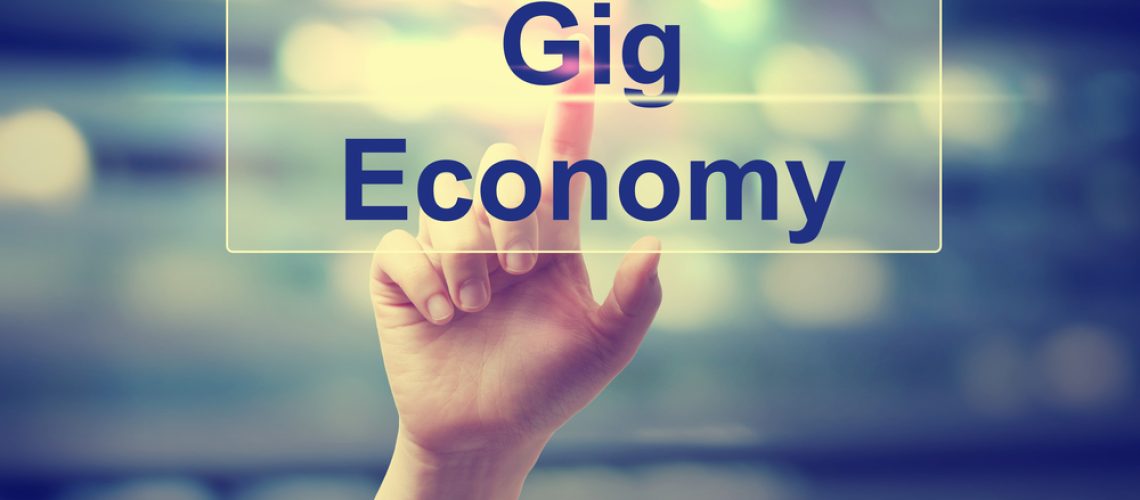Two years ago Gabriel Bringye was killed by teenagers who booked a taxi through online platform Bolt, with the intention of ambushing the driver. He was found in Tottenham with stab wounds at around 19:30 on 17 February 2021 and tragically Gabriel was later pronounced dead at the scene.
Bolt have since introduced several new measures since Mr Bringye’s death including welfare checks on static vehicles, because the app had recorded him as stationary and unresponsive for six hours before any form of alarm was raised. In addition, there is now the ability for drivers to share live journey details with a third party and proactive ‘unmatching’ of drivers and passengers who have rated each other poorly, so they cannot be connected again.
The fundamental problem
Whilst the changes put in place by Bolt are positive, they still don’t deal with the fundamental problem with the gig economy – that this way of working is precarious and the platforms which engage them do not provide sufficient welfare support. But the provision of welfare measures does not align with self-employment – if the workers were genuinely self-employed then they would be responsible for their own welfare.
Yet this is not the perception of gig workers, who do not perceive themselves as ‘properly’ self-employed and therefore expect the platforms and apps to provide support akin to that given to employees – and this mismatch in expectations is the root cause of the issue. Whilst the lack of certain benefits might be made clear to workers when they sign up to platforms, in reality most people don’t realise the impact of this until they need support.
The trouble is that platform working is not standard employment and for years lawyers have been grappling with how employment law should be applied, if at all. But surely in the meantime platforms have a moral duty of care to their wider workforce, whether ’employees’ or some other classification, are actually safe? And that there is some sort of ongoing welfare provision? After all these workers are generating the platforms’ healthy profits, a fact that seems to be forgotten.









